In the high-stakes arena of U.S. politics, few issues cut as deep into the heart of the American Dream as trade policy. President Donald Trump's aggressive tariff regime, reignited with fresh announcements this spring, was sold as a shield for domestic industries—a bulwark against cheap foreign imports flooding our markets. But as the dust settles on another round of escalations, the reality on the factory floor tells a far grimmer story. Manufacturing employment has plummeted by 42,000 jobs since April, with middle-class workers bearing the brunt of retaliatory tariffs and supply chain chaos. This isn't just numbers on a spreadsheet; it's families in Rust Belt towns wondering if the next paycheck will come, and small makers across the heartland fighting to keep their doors open.
Let's break it down. Trump's latest salvo targeted steel, aluminum, and even semiconductors, aiming to claw back leverage in talks with China and the EU. Proponents cheer it as "America First" economics—protecting jobs, boosting innovation, and starving adversaries of our tech edge. And there's merit there: domestic steel production ticked up modestly in Q2, giving a lifeline to mills in Pennsylvania and Ohio. But the blowback? It's savage. China slapped countermeasures on U.S. agricultural exports, hammering farmers who supply the very materials our manufacturers rely on. Meanwhile, allies like Canada are pulling back from disputes—dropping two lumber complaints just last week—but not before U.S. builders faced skyrocketing costs for essential inputs.
The ripple effects are everywhere. Take the auto sector: Tariffs on imported parts have jacked up production costs by 15-20%, forcing layoffs at plants from Detroit to Alabama. Small-batch producers—think custom toolmakers or apparel artisans—are hit hardest, lacking the scale to absorb the pain. And don't get me started on the AI boom. While Big Tech pours billions into chips and servers, much of that "innovation" relies on overseas assembly. Recent probes, like China's antitrust dragnet on Nvidia, are retaliation for U.S. export curbs, threatening to choke off the global supply chains that even our "Made in USA" heroes depend on for components. It's a vicious cycle: Policies meant to onshore jobs end up offshoring opportunity.
This isn't abstract policy wonkery—it's personal. At Amerili, we've seen it firsthand. Our multivendor marketplace thrives on the grit of American makers: the welder in Wisconsin crafting heirloom tools, the textile artist in North Carolina weaving sustainable fabrics. But when trade wars spike raw material prices, those creators pass the costs to you, the buyer. Or worse, they shutter shop altogether. Supporting them isn't just patriotic; in this climate, it's survival.
So, where does politics go from here? With midterms looming and whispers of 2028 already echoing in D.C. corridors, expect more saber-rattling. Democrats decry the tariffs as a tax on consumers; Republicans double down on protectionism. But lost in the noise is the human cost—the erosion of the manufacturing base that built this nation.
Fellow Americans, it's time to vote with your wallet. Choose USA-made every chance you get. Platforms like Amerili make it easy: Browse our curated collection of handcrafted goods, from rugged apparel to precision gadgets, all born on American soil. Every purchase isn't just a transaction—it's a stand against the squeeze, a vote for resilient communities and unbreakable supply chains.
What do you think? Is Trump's trade playbook saving or sinking American manufacturing? Let's keep the conversation going.

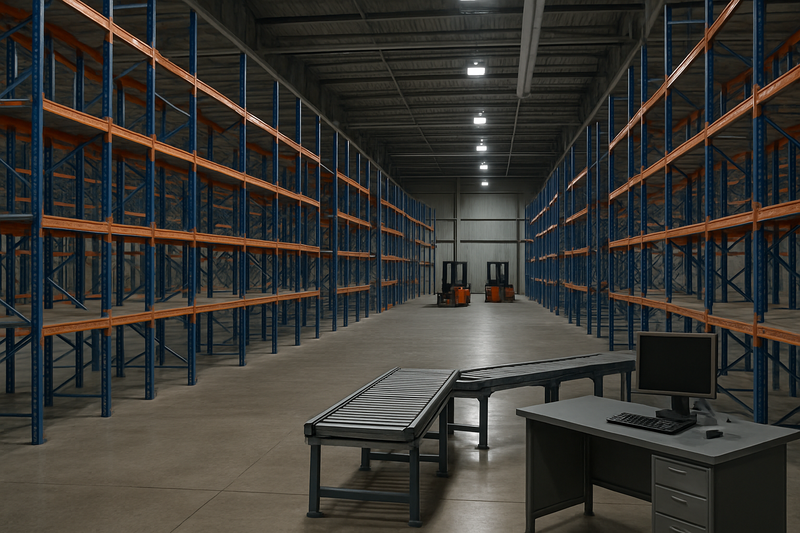


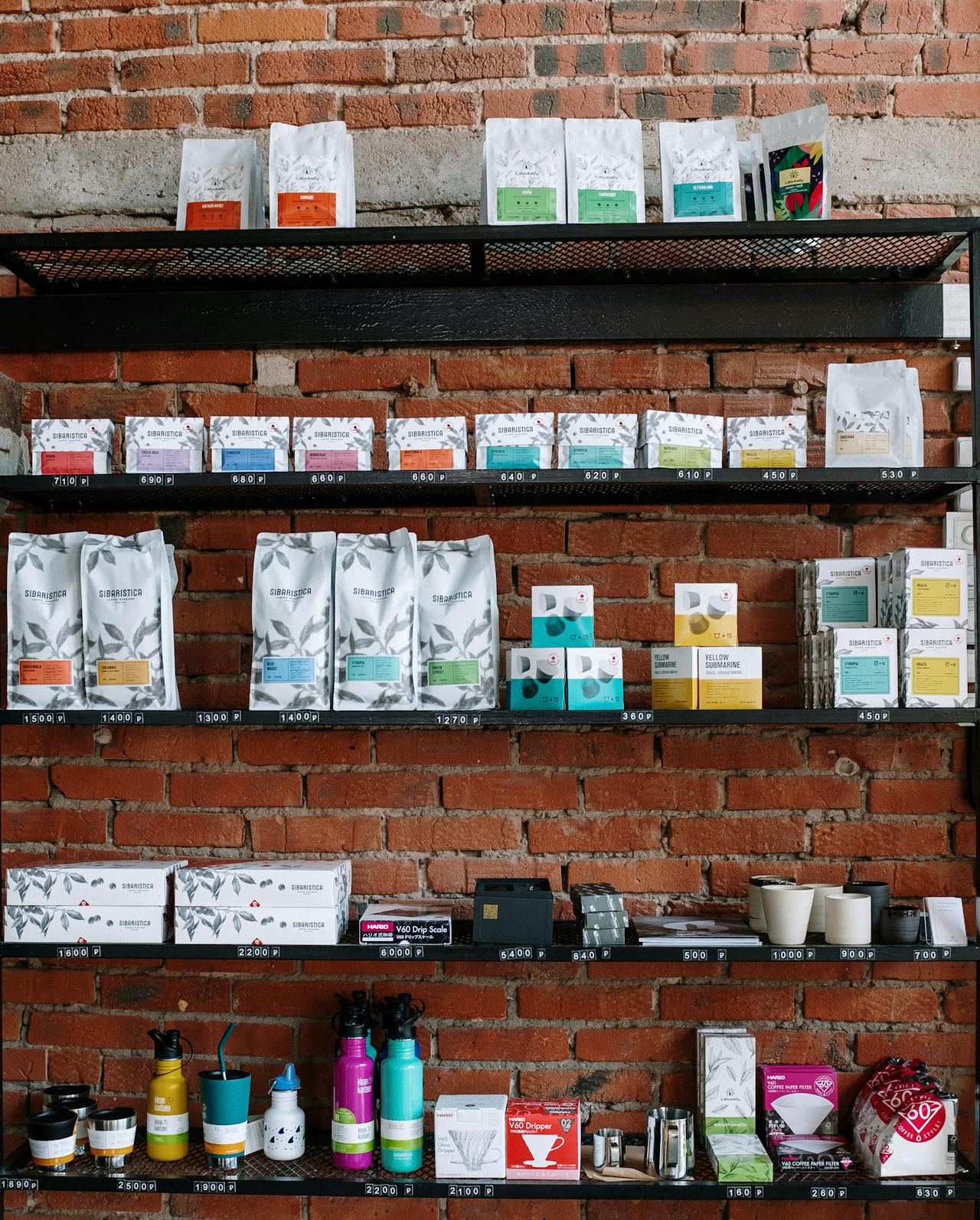

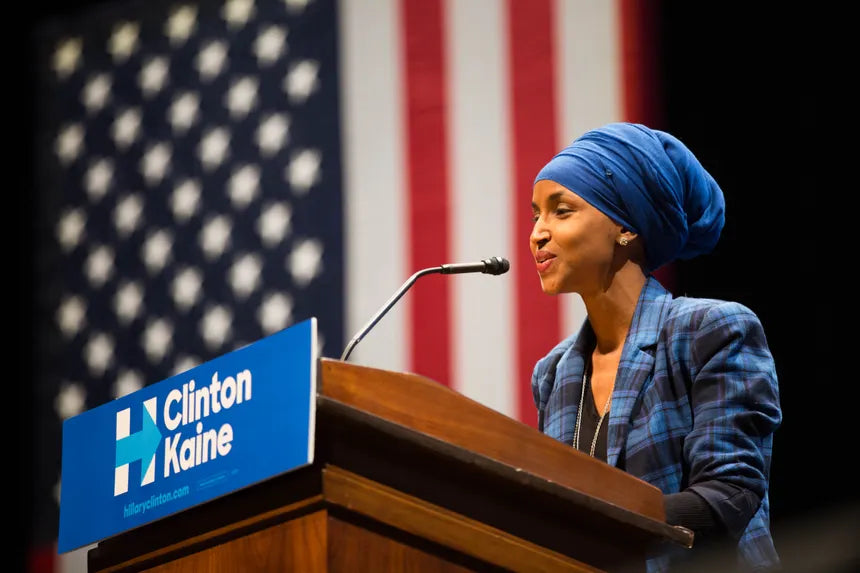




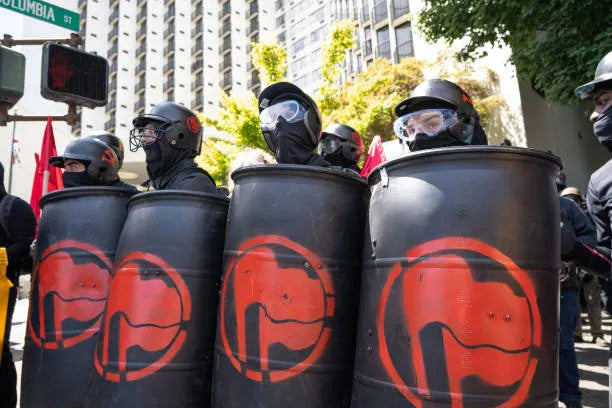
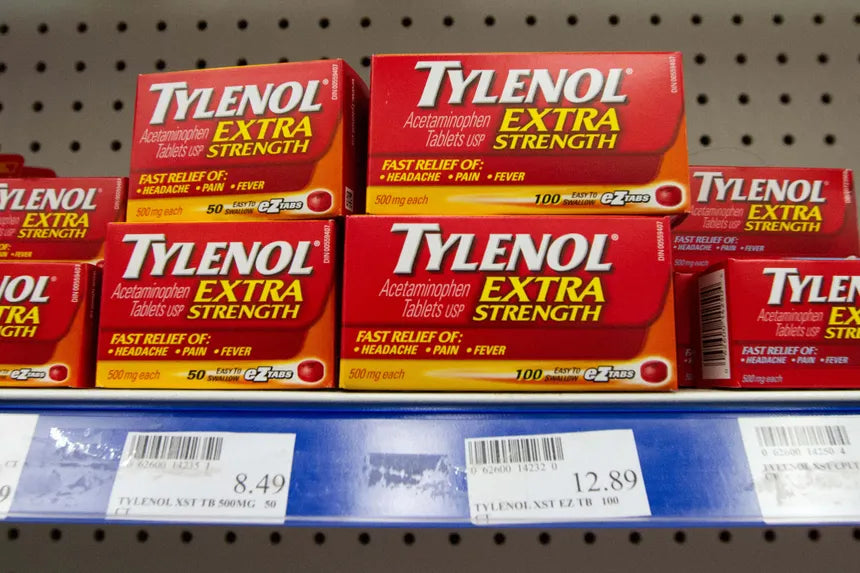

Leave a comment